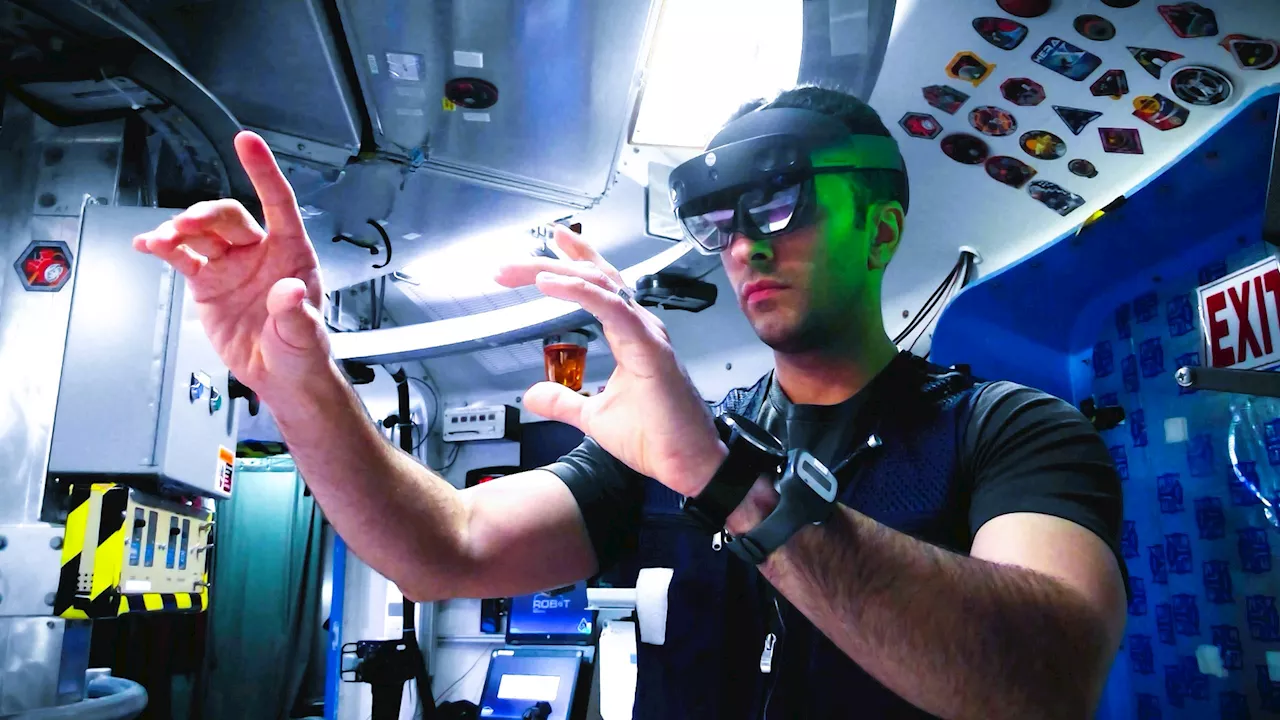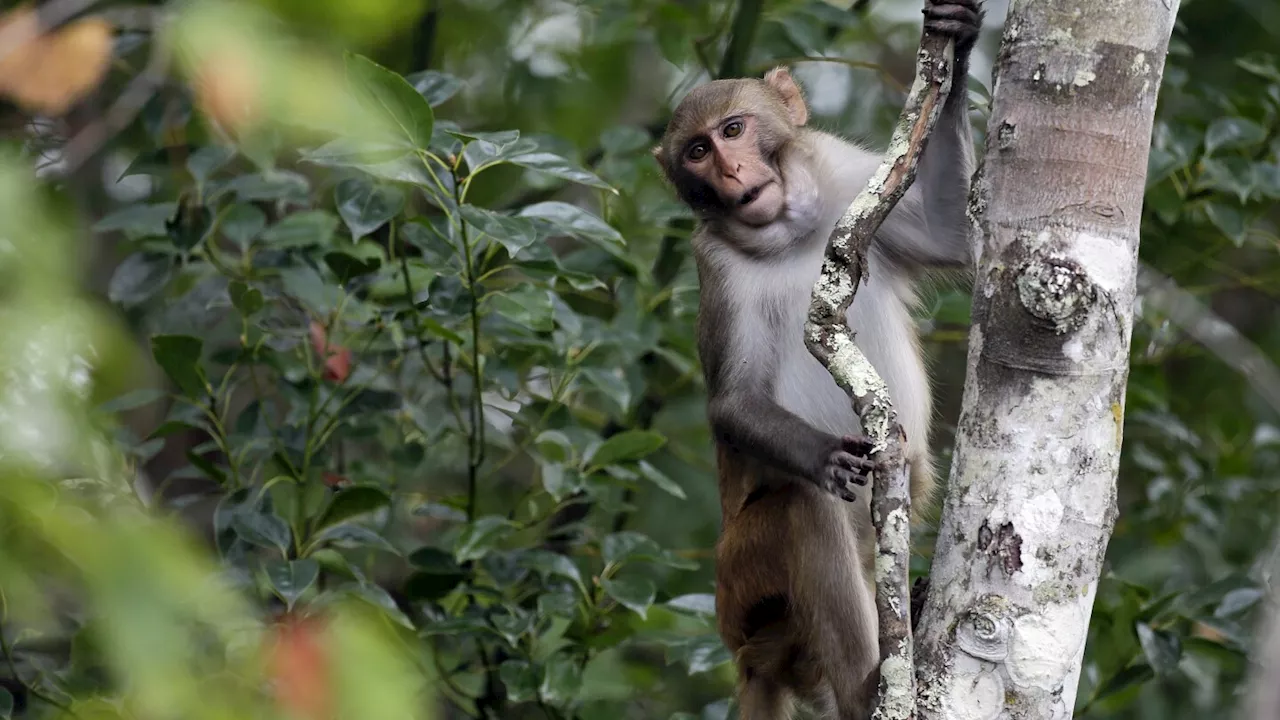Metabolism studies reveal surprising insights into how we burn calories—and how cooperative food production helped Homo sapiens flourish
t was my daughter Clara’s seventh birthday party, a scene at once familiar and bizarre. The celebration was an American take on a classic script: a shared meal of pizza and picnic food, a few close COVID-compliant friends and family, a beaming kid blowing out candles on a heavily iced cake.
For all the talk about metabolism in the exercise and dieting worlds, you would think the science was settled. In reality, we’ve been embarrassingly short on hard data about the calories we burn each day and how we evolved to obtain them. But in recent years my colleagues and I have made important strides in understanding how our bodies use energy. Our findings have overturned much of the received wisdom about the ways human energy requirements change over the course of a lifetime.
Herman Pontzer ; Source: “Daily Energy Expenditure through the Human Life Course,” by Herman Pontzer et al., inIt’s obvious that adults need more calories than infants—bigger people have more cells doing more work, so they burn more energy. We also know that elderly people tend to eat less, although that’s often accompanied by a loss of body weight, particularly muscle mass.
Perhaps the biggest surprise was the stability of our metabolism through middle age. Daily energy expenditures hold remarkably steady from age 20 to 60. No middle age slowdown, no change with menopause. The weight gain so many of us experience in adulthood cannot be blamed on a declining metabolism. As a man in my 40s, I had sort of believed the folk wisdom that metabolism slowed as we aged. My body definitely feels different than it did 10 or 20 years ago.
For the past decade I’ve been working with colleagues to understand the calorie economy in the Hadza community of northern Tanzania. The Hadza are a small population of 1,000 or so, and about half of them maintain a traditional hunting-and-gathering way of life, foraging on the savanna landscape they call home. No population alive today is a perfect model of the past, but groups like the Hadza, who continue these traditions, provide a living example of how these systems work.
United States Latest News, United States Headlines
Similar News:You can also read news stories similar to this one that we have collected from other news sources.
 Do You Have Proposals for New Human Research Studies Benefiting Spaceflight?HRP seeks proposals for studies addressing risks and knowledge gaps associated with human spaceflight. If you have a research idea that tackles these
Do You Have Proposals for New Human Research Studies Benefiting Spaceflight?HRP seeks proposals for studies addressing risks and knowledge gaps associated with human spaceflight. If you have a research idea that tackles these
Read more »
 International canine gene research database accelerates biomedical researchA new database covering over 100 different canine tissues can significantly enhance our understanding of hereditary diseases and provide valuable information for health research in both dogs and humans.
International canine gene research database accelerates biomedical researchA new database covering over 100 different canine tissues can significantly enhance our understanding of hereditary diseases and provide valuable information for health research in both dogs and humans.
Read more »
 Research Faculty Member: Clinical Research Laboratories - Boston, Massachusetts (US) job with Boston Children's HospitalResearch Faculty Member Clinical Research Laboratories The Clinical Research Laboratories (CRL) within the Division of Developmental Medicine (DDM) at Boston Children’s Hospital (BCH) are recruiting a research faculty member to lead innovative intervention research in child and adolescent development.
Research Faculty Member: Clinical Research Laboratories - Boston, Massachusetts (US) job with Boston Children's HospitalResearch Faculty Member Clinical Research Laboratories The Clinical Research Laboratories (CRL) within the Division of Developmental Medicine (DDM) at Boston Children’s Hospital (BCH) are recruiting a research faculty member to lead innovative intervention research in child and adolescent development.
Read more »
 Research finds coyotes thriving despite human and predator pressuresResearch sheds light on how coyotes, North America's most successful predators, are responding to various environmental pressures, including human development, hunting and competition with larger carnivores. Surprisingly, the study's findings suggest that human hunting practices may actually contribute to increasing the number of coyotes.
Research finds coyotes thriving despite human and predator pressuresResearch sheds light on how coyotes, North America's most successful predators, are responding to various environmental pressures, including human development, hunting and competition with larger carnivores. Surprisingly, the study's findings suggest that human hunting practices may actually contribute to increasing the number of coyotes.
Read more »
 Monkeys that escaped a lab have been subjects of human research since the 1800sThe rhesus macaque monkeys that escaped a South Carolina medical lab this week are among the most studied animals on the planet. For more than a century, they’ve held a mirror to humanity through research on their behaviors, organ systems and genetic code. These bare-faced primates with expressive eyes have been launched into space.
Monkeys that escaped a lab have been subjects of human research since the 1800sThe rhesus macaque monkeys that escaped a South Carolina medical lab this week are among the most studied animals on the planet. For more than a century, they’ve held a mirror to humanity through research on their behaviors, organ systems and genetic code. These bare-faced primates with expressive eyes have been launched into space.
Read more »
 Monkeys that escaped a lab have been subjects of human research since the 1800sThe rhesus macaque monkeys that escaped a South Carolina medical lab this week are among the most studied animals on the planet.
Monkeys that escaped a lab have been subjects of human research since the 1800sThe rhesus macaque monkeys that escaped a South Carolina medical lab this week are among the most studied animals on the planet.
Read more »
